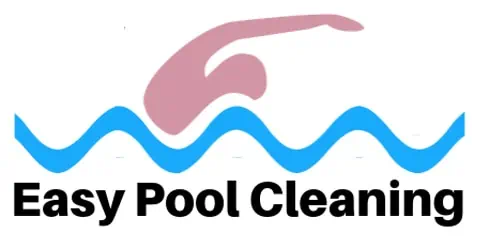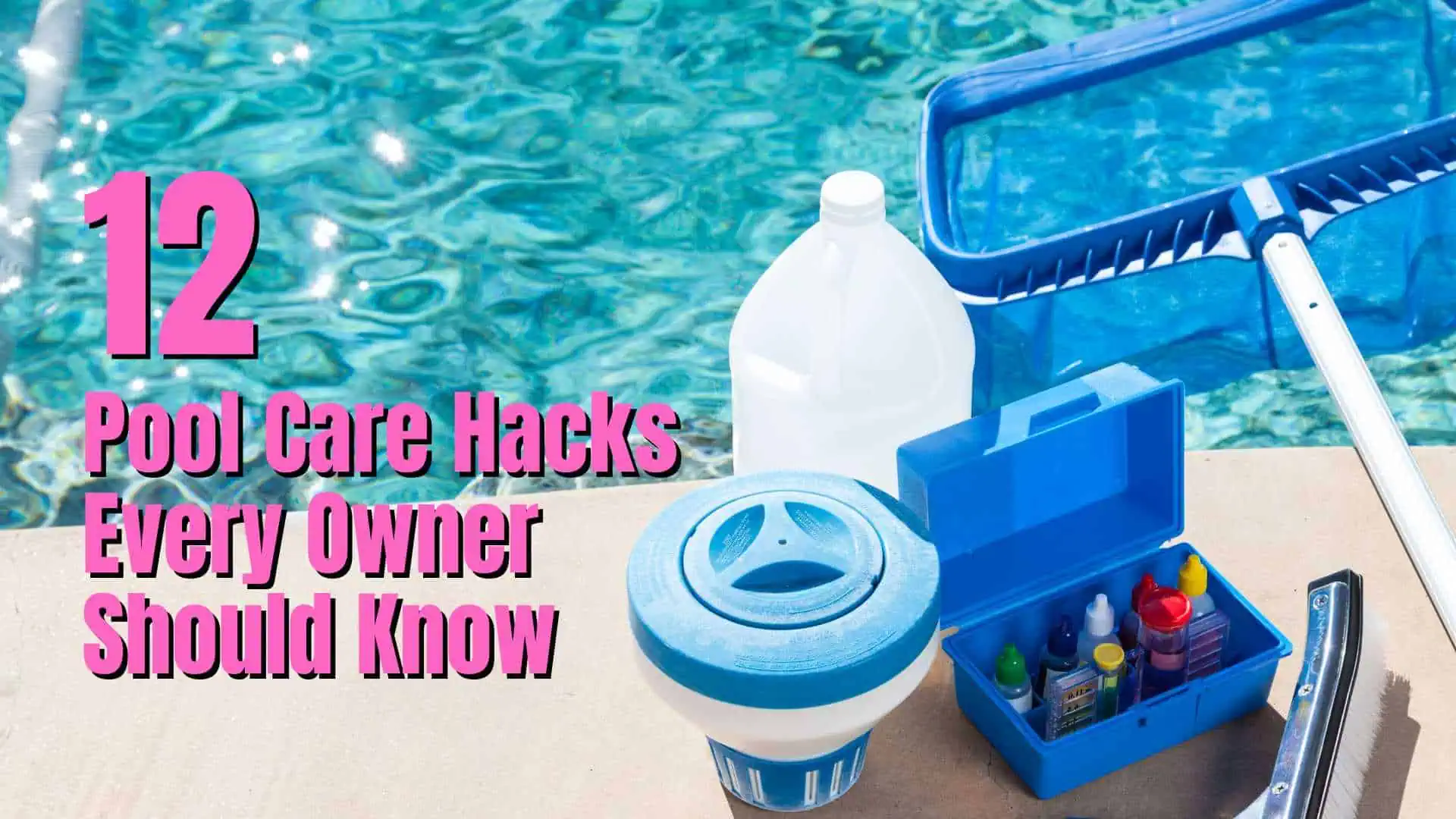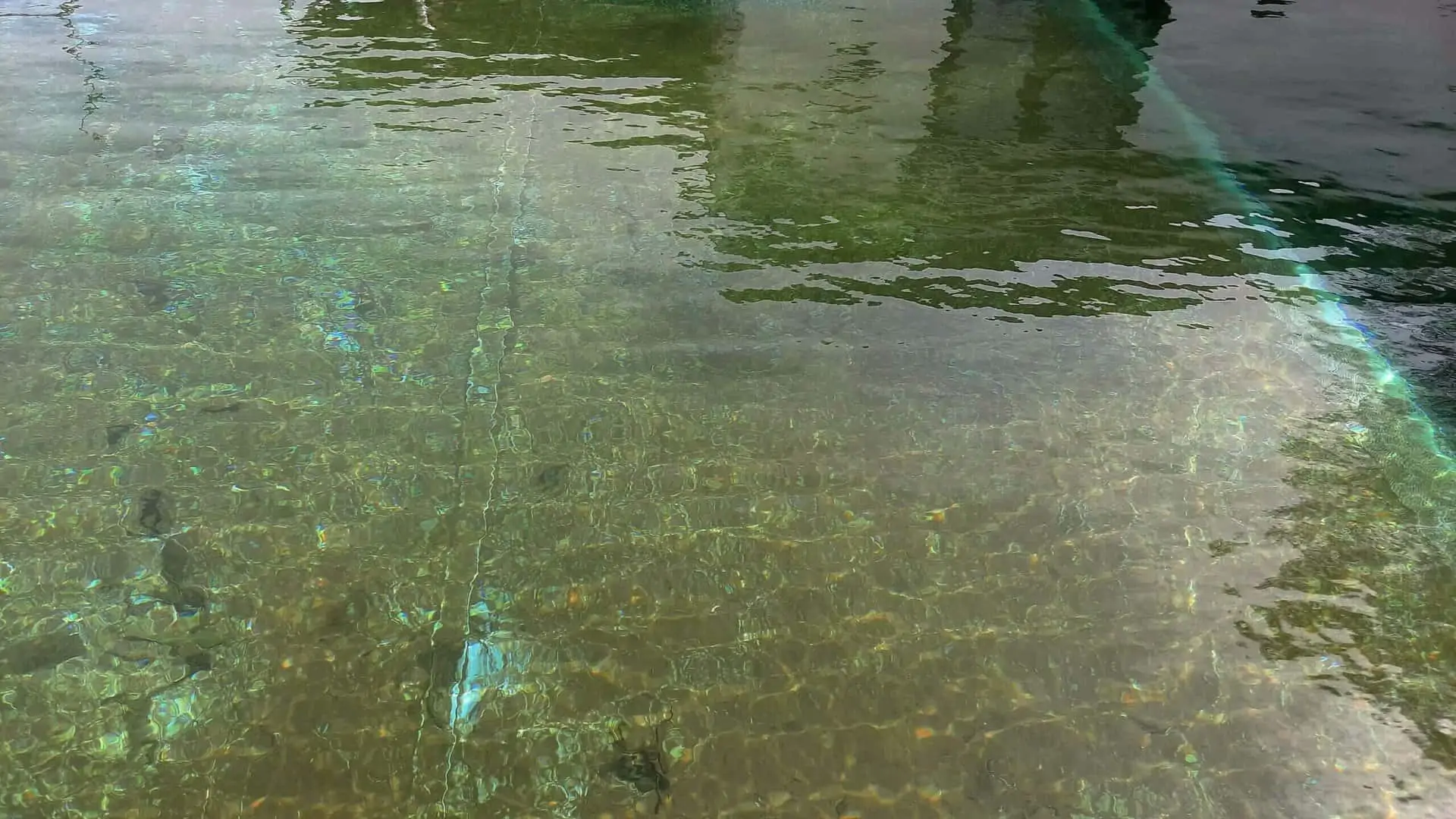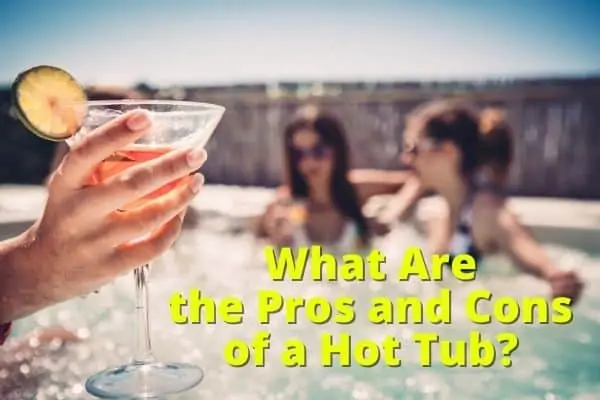The pump plays an indispensable role in both in-ground and above-ground swimming pools’ circulation and filtration systems. The essential function of a pool pump is to pull water from the pool which then passes through the filter removing any dust, debris and other contaminants.
The pump is instrumental in keeping the pool water clear and clean. In essence, the pool pump is your pool’s heart and warrants proper care.
Even with proper maintenance, some common pool pump problems can occur. These problems could lead to debris and dirt accumulation in your pool, which can lead to algae growth and unsafe water for bathing.
Although you could hire a professional to address these issues, many pool pump problems are simple to fix, allowing you to resolve the issue yourself.
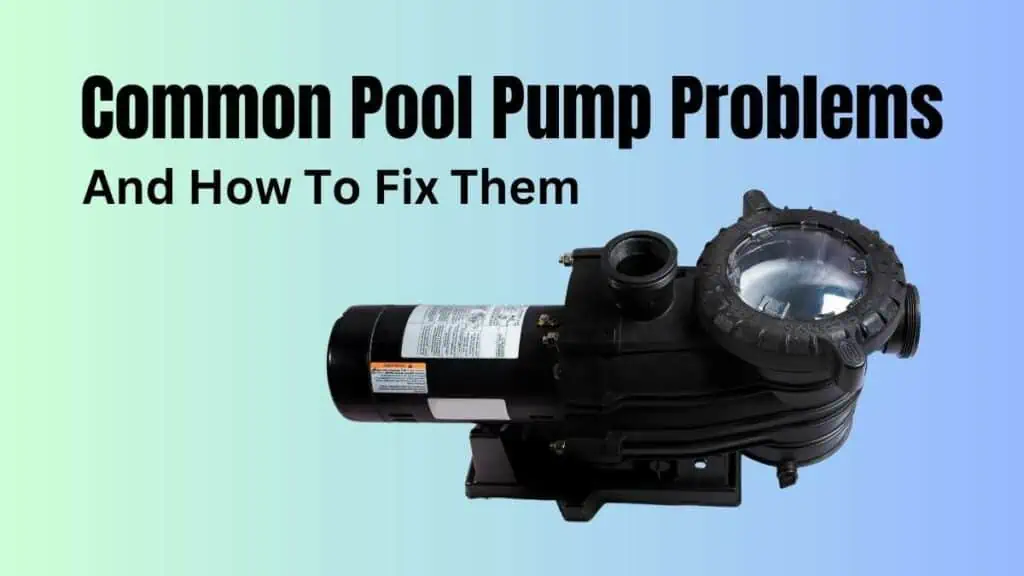
Common Pool Pump Problems and Potential Solutions
The Pool Pump Makes a Noise
A pool pump can sometimes create noise due to vibration. In such a case, inspect the pump’s base for any loose screws and tighten them. If a gap exists between the base and the pump, use a rubber mat or pad to fill it and halt the vibration. I have used a piece of polystyrene to quieten my pump in the past.
Another cause of noise could be cavitation, which happens when the pump doesn’t receive a sufficient water supply within a particular timeframe. The impeller will start to spin rapidly with insufficient water, which produces a louder noise than normal. This noise usually subsides after a while as the air is purged from the system.
Another problem could be a squealing noise which would normally mean the bearings are going. These can be replaced but personally, I would just change the pump – perhaps for a more efficient variable speed one.
The Pool Pump Doesn’t Pull Water
If your pump isn’t pulling water, check the pump and skimmer basket for any blockages. Accumulated dirt or mud can hinder water flow, causing the pump to stop pulling water.
Cleaning the skimmer and the strainer baskets can resolve this issue.
Additionally, inspect the pump impeller, which connects to the motor and aids water flow. Impellers can jam over time, and debris caught in the impeller can exacerbate this issue.
Opening the pump and clearing all debris can help rectify this.
Lastly, an air leak in the suction line could also cause this issue. If the pump starts sucking air instead of water, there might be an air leak.
The Pump Doesn’t Work
If you hear a clicking or humming sound from the motor, there are two possible problems and solutions:
- the motor may just be stuck, which can happen, particularly when you open the pool in the spring when the pump has been switched off for months. If you remove the rear cover from the motor you will probably see a slot in the end of the motor shaft. Take a large flat-headed screwdriver and give the shaft a spin. This will often start the motor going again.
- the capacitor might be at fault. The capacitor functions like a battery that triggers the motor’s spinning and stores some electricity for this process. Replacing the capacitor might fix the problem.
If the pump still isn’t working, check for a loose connection, voltage fluctuations, or a blown fuse.
Ensure your hands are dry before checking these electrical components. Use a voltmeter to identify any power issues.
The Pool Pump Turns Off By Itself
Overheating can cause your pool pump to shut off automatically.
Pool pumps consume a significant amount of electricity and need a consistent supply to function correctly. A power drop can cause overheating, and these are more likely during summer when AC usage is high.
Running the pump at night when it’s cooler can help.
Other reasons for this issue could be a blocked vent or a malfunctioning motor fan. Always ensure the area under the motor is clean to prevent vent blockages.
If you live in a hot region, consider using a pool pump cover to minimize sun exposure.
The Pump Sucks Air
Ideally, a pool pump should be airtight. However, in rare instances, air bubbles may appear in the pump basket, indicating an air leak.
Some common causes of air leaks include a plumbing break, faulty valves, poor thread sealant, or an old or loose pump. Depending on the severity of the leak, you may need to use a waterproof adhesive to seal the area or replace the part.
This guide should help diagnose and resolve common pool pump issues. However, if the problem persists or is more significant than anticipated, it’s advisable to seek professional help.
Read: How to extend the life of your pool pump
FAQs
Is it worth fixing a pool pump?
A pool pump might be worth fixing if it is something simple. But if it needs new bearings, particularly if it is 5 or more years old, then it is probably not worth it.
What causes a pool pump to burn out?
The most probable cause of a pool pump burning out is that it has run dry for too long.
What are the signs of a pool pump failing?
Noise is the most likely sign that your pool pump is failing. You may notice that it is running louder than usual and may be making a screeching noise meaning its bearings are gone.
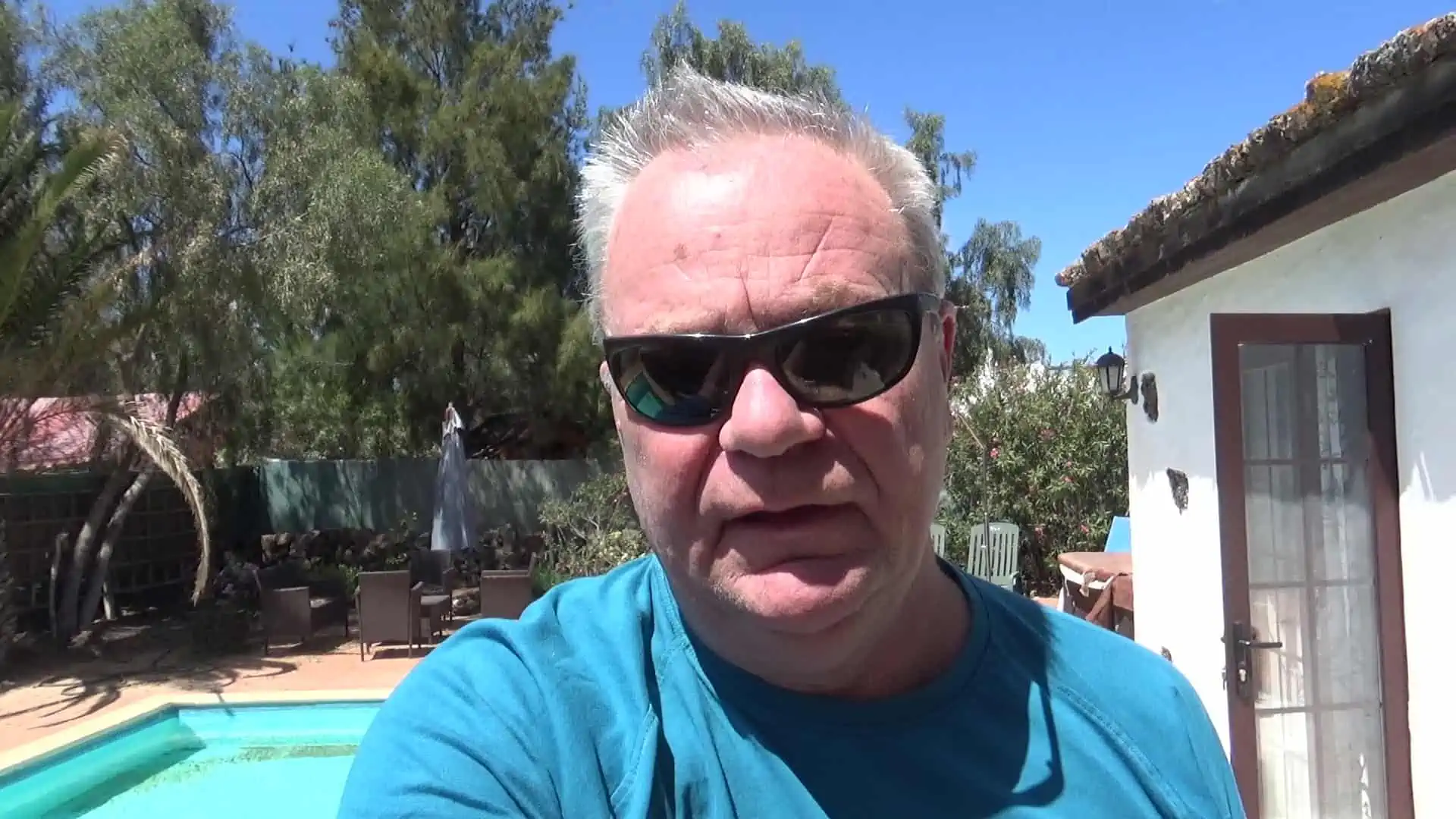
I have had hot tubs for over 20 years and a pool for the last 10 years. I had to learn how to clean, maintain and fix them the hard way. Since then I have helped many friends and neighbors with their pools and now I want to share everything I have learned with you. About Me
